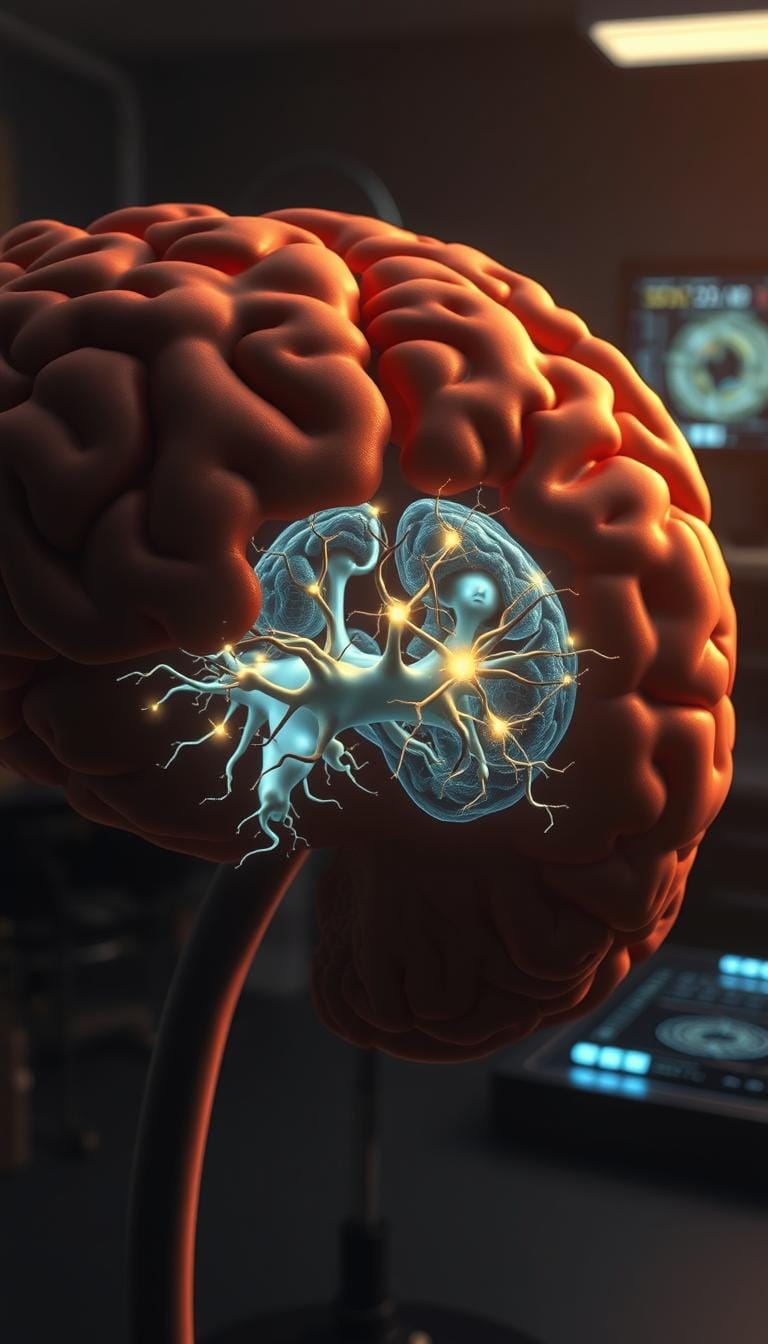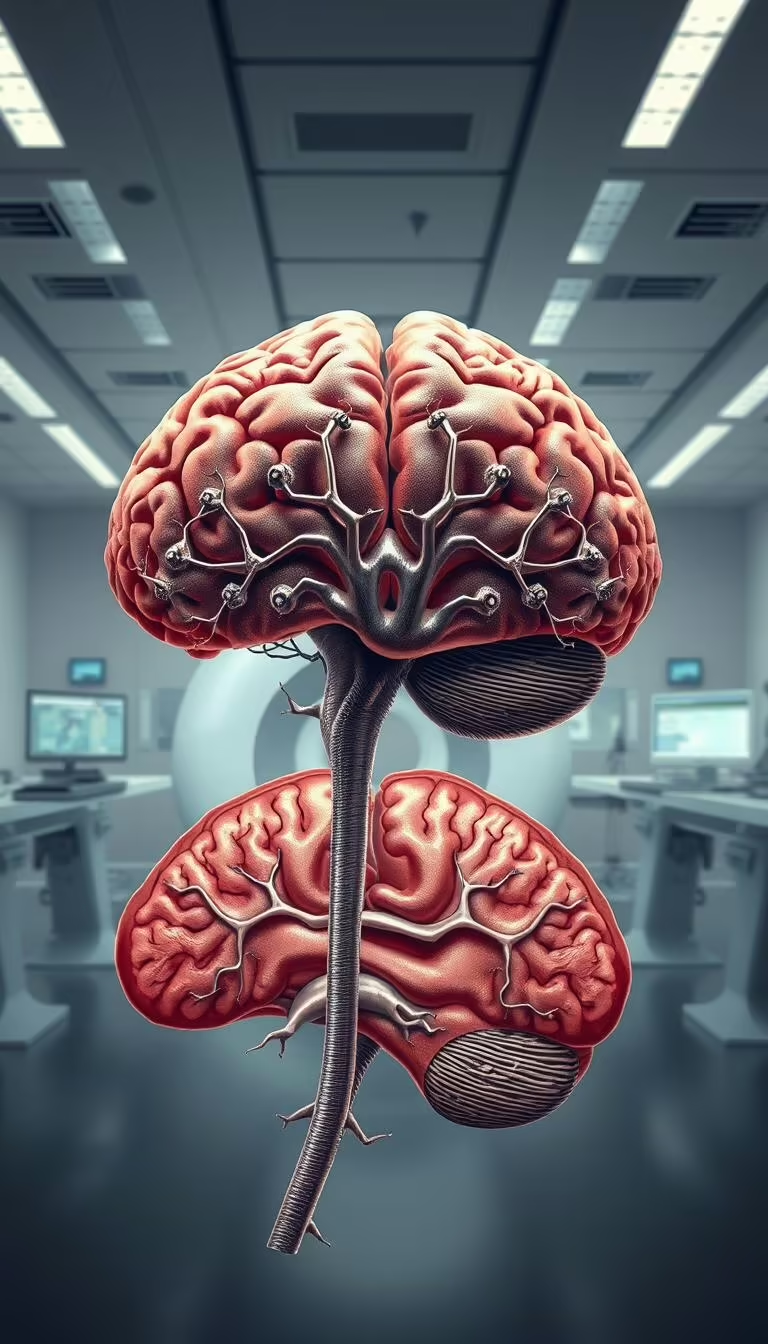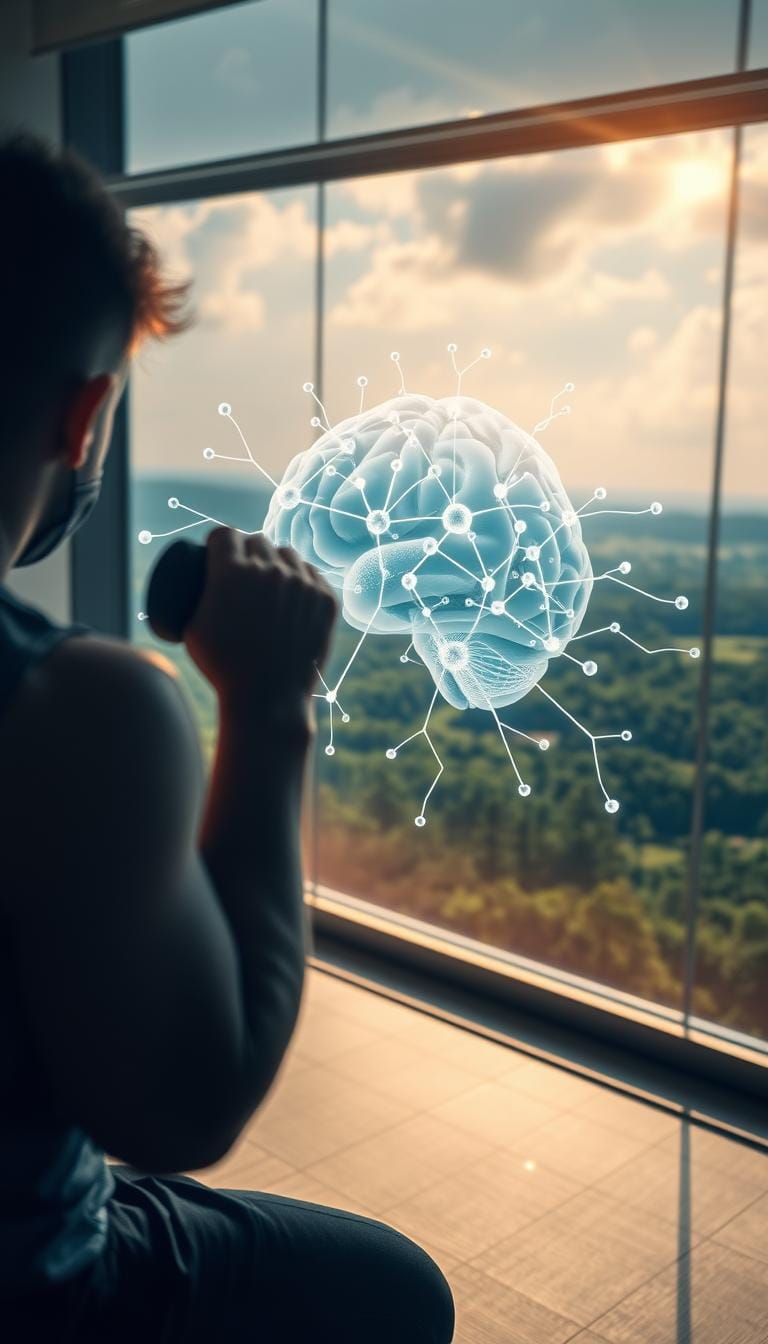What are mirror neurons and why do they matter?
I’ll dive into the science behind mirror neurons and explain why these remarkable brain cells are essential for our ability to connect with others.
The human brain is a universe of complexity—shaping thoughts, emotions, memory, behavior, and even identity. This category explores how the brain works, adapts, and changes, connecting cutting-edge neuroscience to everyday mental wellness. Understanding the brain’s inner workings provides powerful insight into emotional regulation, habit formation, cognitive function, and long-term resilience. At its core, brain science begins with structure. The brain is divided into key regions with unique responsibilities: the prefrontal cortex governs planning and impulse control, the limbic system regulates emotions, the hippocampus anchors memory, and the amygdala processes fear and threat. When these regions communicate smoothly, the result is mental clarity, emotional stability, and focused attention. When signals become dysregulated—due to trauma, chronic stress, or illness—mental fog, anxiety, or mood swings can emerge. Learning how these systems function gives us a clearer view of why we think, feel, and respond the way we do. Neuroplasticity is one of the most empowering discoveries in modern science. The brain isn’t static; it rewires itself based on experience. Every repeated thought or behavior forms neural pathways, strengthening over time. This means both helpful and harmful habits are built through repetition. When individuals understand that even long-held patterns can be reshaped, they begin to reclaim agency over their mental and emotional life. Sleep plays a massive role in brain function. During deep sleep cycles, the brain clears out waste, stores memories, and recalibrates emotional centers. Poor sleep hygiene, on the other hand, impairs focus, disrupts mood, and weakens decision-making. Science continues to show that regular, high-quality sleep supports emotional regulation, reduces inflammation, and slows cognitive decline. Nutrition also shapes brain health. Omega-3 fatty acids, antioxidants, and nutrients like magnesium and B vitamins contribute to neurotransmitter balance and cellular repair. The gut-brain connection—once seen as a fringe theory—is now central to brain science. The microbiome influences mental health through immune signaling and neurotransmitter production. An imbalanced gut can lead to increased anxiety, low mood, and brain fog. A diverse, plant-rich diet with fermented foods helps restore this connection. Exercise boosts brain function by increasing blood flow, stimulating the release of neurotrophic factors like BDNF, and improving mood through endorphins and dopamine. Movement isn’t just physical—it strengthens memory, sharpens focus, and buffers the brain against the effects of stress. Activities that combine coordination and learning, like dancing or martial arts, offer even greater cognitive benefit. Stress, especially when chronic, reshapes the brain’s architecture. Elevated cortisol levels shrink the hippocampus, disrupt sleep, and overactivate the amygdala. People exposed to ongoing stress often develop a more reactive nervous system, prone to anxiety or irritability. Mind-body interventions like mindfulness meditation, breathwork, and biofeedback can reverse some of these effects, calming the brain and restoring balance. One of the most fascinating aspects of brain science is emotional memory. The brain stores not only facts, but the emotional tone of an experience. This is why certain smells or sounds can trigger powerful, unexpected memories. Understanding this helps in healing past experiences. By working with trauma-aware techniques, individuals can update their emotional responses and feel safer in their own bodies. The science of learning also falls under this category. The brain learns best in states of calm alertness. When curiosity is present and stress is low, memory retention increases. Sleep, repetition, and emotional relevance all enhance learning. Distractions, multitasking, and emotional overload reduce cognitive capacity. These findings apply across all ages—whether a child in school or an adult picking up a new skill. Technology's effect on the brain is a growing area of research. Constant notifications and screen time can reduce attention span, overstimulate dopamine circuits, and make rest feel uncomfortable. Digital minimalism, strategic breaks, and offline rituals can help retrain the brain to tolerate stillness, deepen focus, and reduce digital fatigue. Hormones like serotonin, dopamine, and oxytocin shape mental states. These chemicals respond to both internal cues (like thoughts) and external actions (like touch, sunlight, or movement). Brain science explores how to regulate these systems naturally—through gratitude practices, meaningful social contact, and purposeful activity. Cognitive distortions—like black-and-white thinking, catastrophizing, or personalization—stem from deep-rooted brain shortcuts. These mental habits often form in childhood or under pressure. With self-awareness and rewiring practices like cognitive behavioral therapy or journaling, individuals can interrupt unhelpful thought loops and form more balanced perspectives. Creativity also originates in the brain. It emerges from the default mode network—a system activated during rest and daydreaming. Contrary to popular belief, downtime fuels innovation. That’s why insights often appear while walking, showering, or falling asleep. Creative practices stimulate new neural connections, encouraging flexibility and problem-solving. Memory, both short- and long-term, depends on healthy hippocampal function. Disrupted sleep, stress, and aging can interfere with memory formation. Learning how to boost recall through association, storytelling, and visualization makes everyday life smoother—from remembering names to storing complex ideas. Brain science also sheds light on empathy and connection. Mirror neurons, located in the premotor cortex, allow people to intuit others’ feelings. This wiring supports compassion, but can also lead to emotional burnout if boundaries are not respected. Recognizing the brain’s capacity for empathy enables healthier relationships and emotional sustainability. For those recovering from injury or neurodegeneration, rehabilitation now leans on neuroplasticity. Stroke patients relearn movement, speech, and comprehension through intensive retraining. People with ADHD, PTSD, or autism are supported through customized interventions that consider unique brain wiring rather than forcing conformity to neurotypical models. The more we understand about the brain, the more nuanced our view of mental health becomes. It's no longer seen as binary or static. Mental health is a spectrum, constantly shifting based on brain activity, lifestyle, relationships, and environment. This science-based perspective reduces stigma and supports personalized care. Brain science isn’t just for clinicians or academics—it’s for anyone wanting to live with more clarity, resilience, and emotional awareness. Every insight opens the door to better choices, deeper self-knowledge, and practical tools that improve daily life. From mood regulation and memory to focus and creativity, brain science brings empowerment through understanding.

I’ll dive into the science behind mirror neurons and explain why these remarkable brain cells are essential for our ability to connect with others.

I’ll explain the neuroscience of addiction: how habits form in the brain.

I’ve found that 7 minutes of daily Emotional Brain Training can profoundly improve your mental well-being and resilience.

I improved my focus and cognitive endurance with 20 minutes of daily Brain Endurance Training. Here’s how it can work for you.

How Exercise Boosts Brain Function: Top 3 Workouts to Try To Stimulate your brain and body proven to enhance cognitive function.

Stress causing your vertigo? I dive into the connection and share the top 3 culprits behind this disorienting condition.

Tired of battling hunger? I’ve got 5 simple tricks to naturally curb your appetite and regain control.